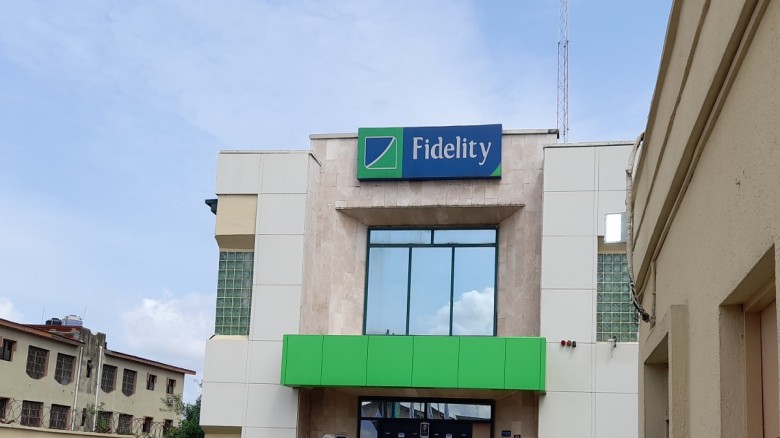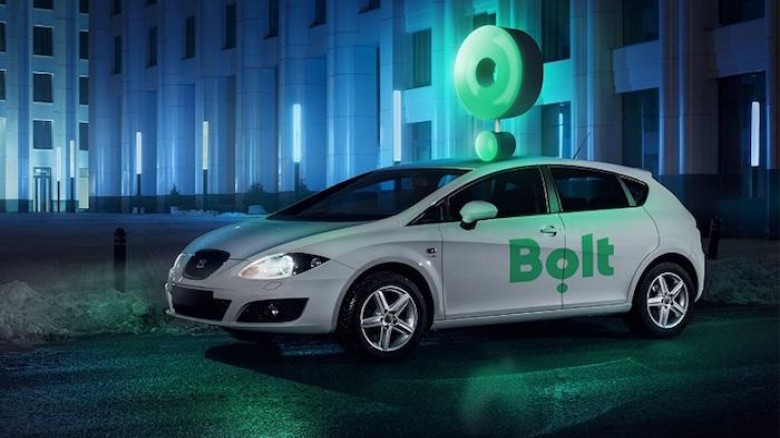Court backs FIRS on VAT collection from ride-hailing services
The Federal High Court in Lagos has decided in favor of the Federal Inland Revenue Service, upholding its power to collect Value Added Tax on food delivery and transportation services provided through digital platforms like Bolt.Justice Akintayo Aluko issued the ruling on Thursday, rejecting an appeal brought by Bolt’s operators in Nigeria against a prior decision made by the Tax Appeal Tribunal.
The tribunal had ruled that these services are subject to VAT according to current tax regulations.
“There is no valid reason to overturn the Tribunal's judgment,” Justice Aluko stated. “The Respondent acted lawfully in appointing the Appellant in accordance with Section 10(3) of the VAT Act. Therefore, the Tribunal's judgment from May 26, 2023, is upheld.”
The disagreement began when Bolt’s Nigerian operators contested the Federal Inland Revenue Service’s decision to apply VAT on the services provided by independent drivers and food vendors utilizing the Bolt platform. The company contended that, as these service providers are third parties rather than direct employees, the platform should not be responsible for VAT on their transactions.
Bolt’s operators submitted suit No. TAT/LZ/VAT/074/2022 to the Tax Appeal Tribunal, arguing that the FIRS’s attempt to impose VAT contravened Section 10 of the VAT Act, as Bolt does not directly offer transportation or food services, but simply facilitates transactions between users and independent service providers.
Nonetheless, the Tribunal rejected the suit on May 26, 2023. Following this, the operators—represented by counsel Elvis E. Asia, with backing from Blessing Uwejewah and P.O. Okujere—appealed to the Federal High Court. They asserted that their designation by the FIRS as VAT collection agents was invalid and inconsistent with the provisions outlined in the VAT Act.
In their appeal, the appellants put forward six issues for the court's examination. Central to their argument was the assertion that the FIRS’s VAT Compliance Simplification Guidelines for Non-Resident Suppliers had incorrectly identified Bolt as a “supplier.” They claimed that the platform primarily connects users with independent drivers and food vendors, thus not directly providing any service and making the FIRS's classification and resulting VAT liability inappropriate.
“Bolt does not deliver transportation or food vending services and should not be categorized as a taxable supplier under the VAT Act,” their counsel argued, stating that the Tribunal had made an error in affirming their designation without considering the conditions specified in subsections (1) and (2) of Section 10.
The appellants also challenged the Tribunal’s conclusion that they lacked the legal standing to contest their role as VAT collection agents, accusing the lower court of relying on legal provisions—namely Sections 31 of the FIRS Establishment Act (FIRSEA) and 49 of the Companies Income Tax Act (CITA)—which had not been presented or debated during the hearings.
FIRS, represented by lead counsel Moses Idaho and supported by Olufemi Asekun, urged the Federal High Court to uphold the Tribunal’s ruling, describing the appellants’ assertions as speculative and devoid of merit.
In his ruling, Justice Akintayo Aluko found merit in only one of the six issues presented by the appellants (Issue 3), while aligning with the FIRS on three others (Issues 1, 4, and 6). He dismissed the remaining two (Issues 2 and 5), thereby reinforcing the Tribunal’s earlier decision in favor of the tax authority.
“The appeal, therefore, fails and is hence dismissed,” declared the judge, adding, “Costs of the action in the amount of N1,000,000 (One Million Naira) only are awarded in favor of the Respondent against the Appellant.”
























Leave A Comment